Filter by
The language used throughout the course, in both instruction and assessments.
Choose the Programming Languages Course That Aligns Best With Your Educational Goals
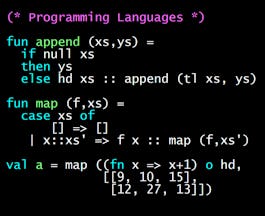 Status: Free
Status: FreeUniversity of Washington
Skills you'll gain: Computer Programming, Programming Principles, Algorithms, Critical Thinking
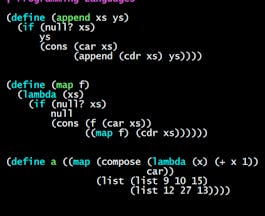 Status: Free
Status: FreeUniversity of Washington
Skills you'll gain: Computer Programming, Programming Principles
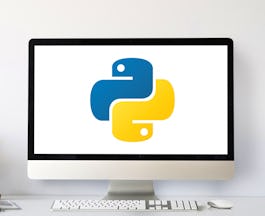
Skills you'll gain: Python Programming, Computer Programming, Data Analysis
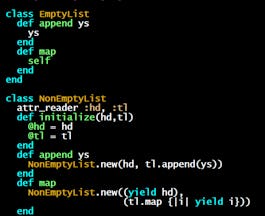 Status: Free
Status: FreeUniversity of Washington
Skills you'll gain: Computer Programming, Other Programming Languages
 Status: Free
Status: FreeUniversity of Toronto
Skills you'll gain: Computer Programming, Python Programming, Computational Logic, Problem Solving, Programming Principles, Computer Programming Tools, Critical Thinking, Computational Thinking, Algorithms, Mathematics

Skills you'll gain: Javascript, Front-End Web Development, Computer Programming, Web Development Tools
 Status: Free
Status: FreeThe University of Edinburgh
Skills you'll gain: Algorithms, Computer Programming, Problem Solving, Computer Graphics, Creativity, Decision Making, Programming Principles, Application Development, Other Programming Languages, Software Engineering

Google
Skills you'll gain: Computer Programming, Data Structures, Problem Solving, Python Programming

University of California, Santa Cruz
Skills you'll gain: C Programming Language Family, Computer Programming, Programming Principles, Algorithms, Data Structures, C++ Programming, Computational Logic, Computer Programming Tools, Computational Thinking, Critical Thinking, Mathematics, Problem Solving, Graph Theory, Theoretical Computer Science
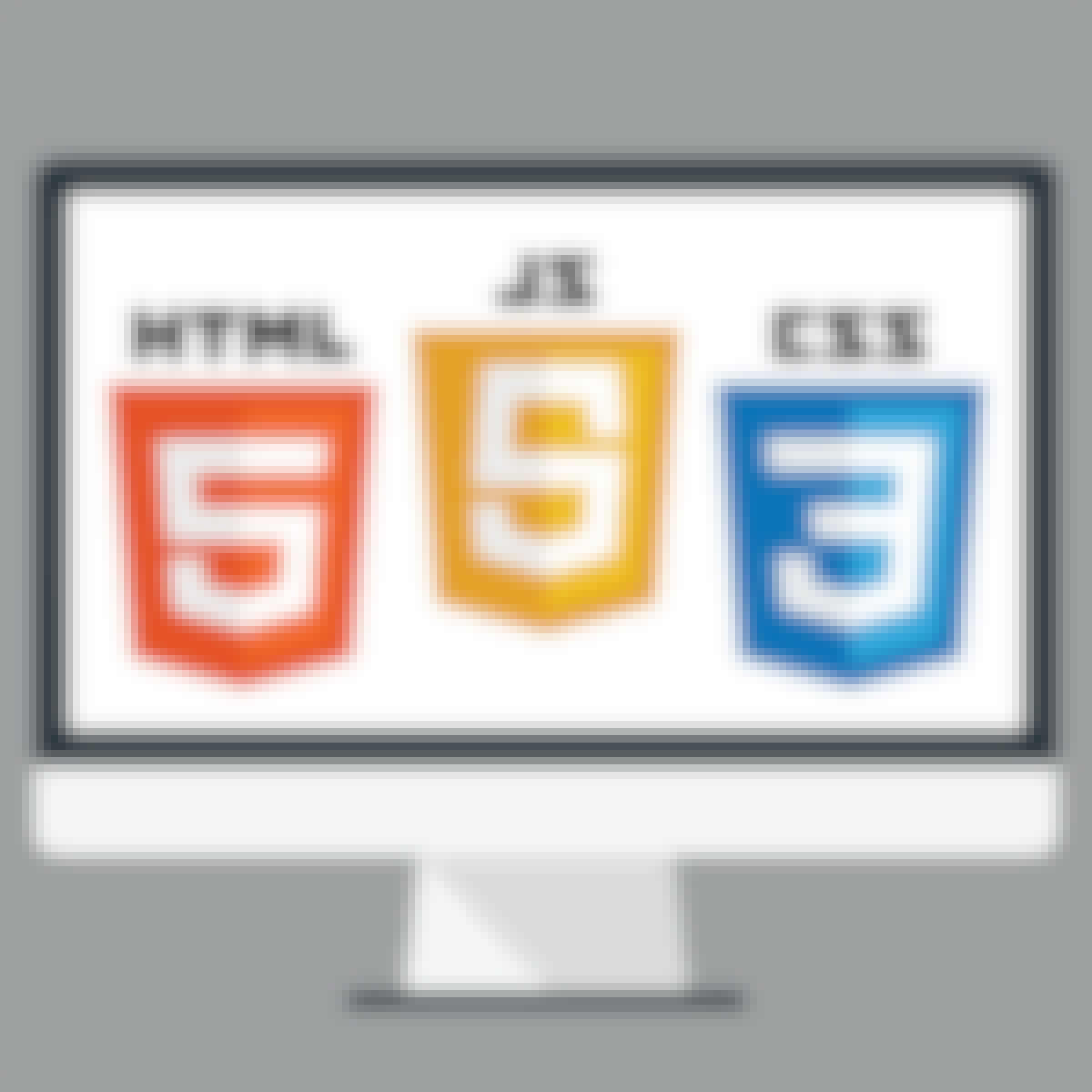
Johns Hopkins University
Skills you'll gain: Front-End Web Development, HTML and CSS, Javascript, Web Development
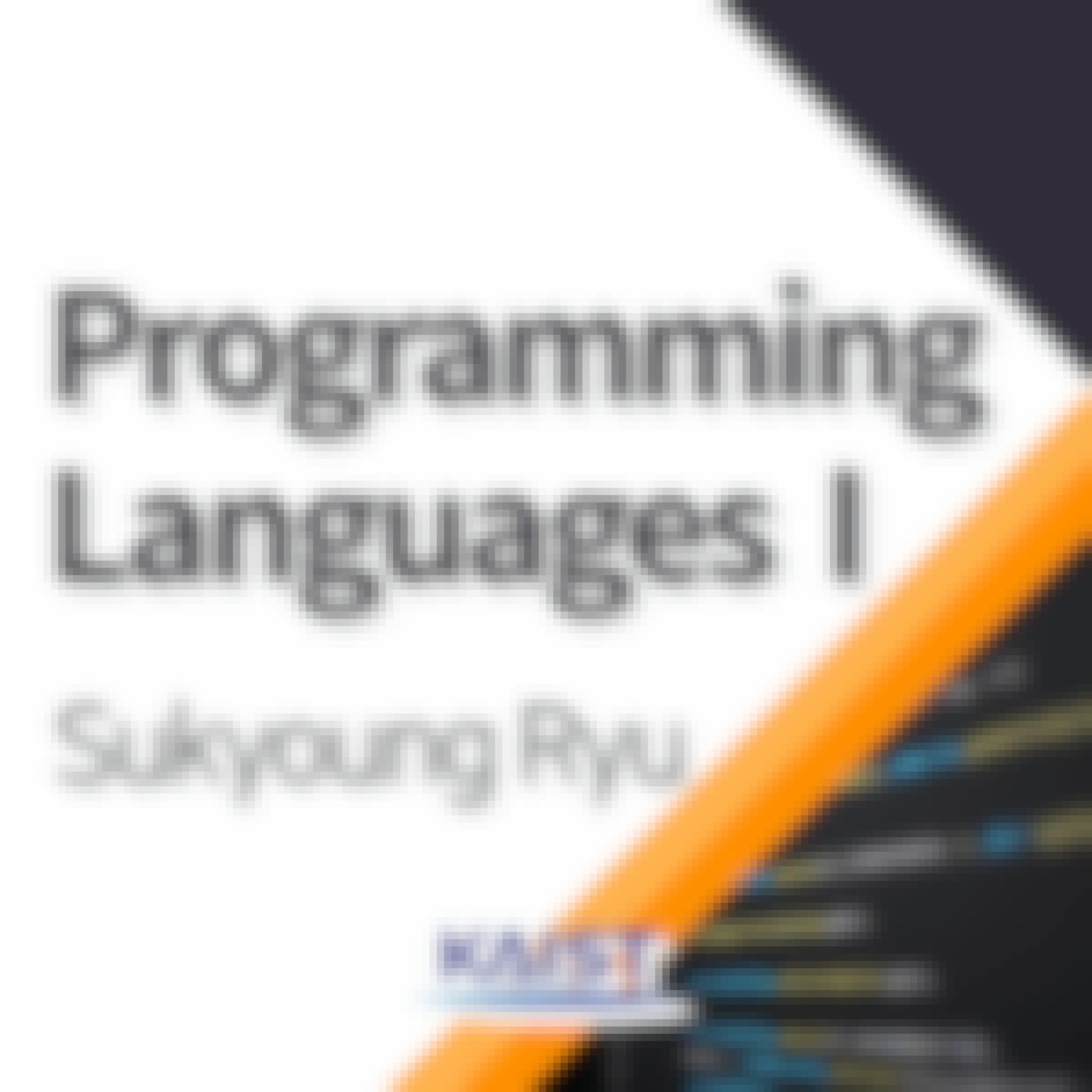
Korea Advanced Institute of Science and Technology(KAIST)
Skills you'll gain: Algebra, Programming Principles, Computer Programming, Mathematics, Calculus

University of California San Diego
Skills you'll gain: Algorithms, Theoretical Computer Science, Computer Programming, Data Structures, Problem Solving, Mathematics, Computational Thinking, Computer Programming Tools, Computational Logic, Critical Thinking, Graph Theory, Programming Principles, Mathematical Theory & Analysis, C++ Programming, Algebra, Software Testing
In summary, here are 10 of our most popular programming languages courses
- Programming Languages, Part A: University of Washington
- Programming Languages, Part B: University of Washington
- Python for Data Science, AI & Development: IBM
- Programming Languages, Part C: University of Washington
- Learn to Program: The Fundamentals: University of Toronto
- Programming with JavaScript: Meta
- Code Yourself! An Introduction to Programming: The University of Edinburgh
- Crash Course on Python: Google
- Coding for Everyone: C and C++: University of California, Santa Cruz
- HTML, CSS, and Javascript for Web Developers: Johns Hopkins University










